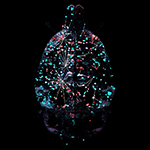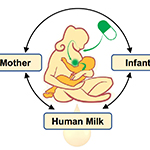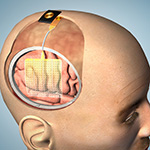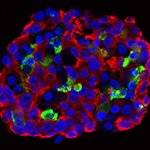Withdrawal from Psychostimulants Restructures Functional Architecture of Brain
Researchers describe how withdrawal from nicotine, methamphetamine and cocaine alters the functional architecture and patterns in the brains of mice, compared to control animals, a key to developing addiction treatments.


















